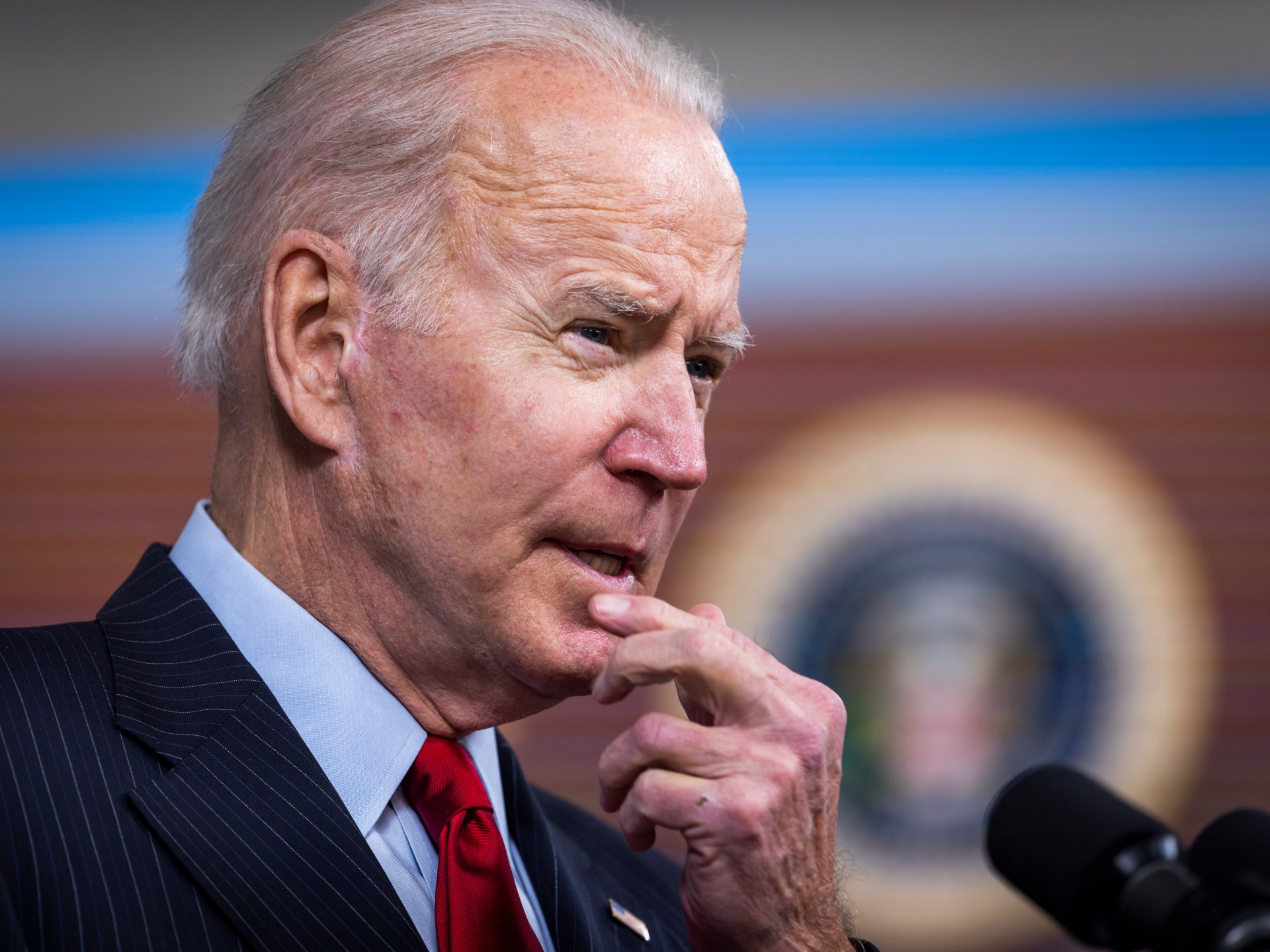In light of a frantic competition between the United States on the one hand, and Russia and China on the other, to attract new allies and friends, preparations continue in Johannesburg, South Africa, for a summit of the heads of 5 countries that make up the so-called "BRICS" group. What does Washington fear?
The "Scenarios" program (2023/6/8) followed up on the political and economic gains that the BRICS group may achieve by expanding its membership, especially since this summit is receiving great attention, because at the top of its agenda is opening the door for membership to new countries, some of which are characterized by economic and financial weight and others with demographic and military weight.
About a week ago, Cape Town in South Africa hosted a meeting of BRICS foreign ministers that discussed many topics, including increasing areas of cooperation between BRICS countries, in addition to two main points: expansion of membership, and discussing the possibility of establishing a single currency for trade exchange.
American concern
Regarding the context of America's fear of this economic bloc, the head of the Center for Arab-Russian Media and Studies, Majid Al-Turki, pointed out that the world is going through a major economic problem in which the traditional global institutions have sagged and weighed their consequences, as the biggest engine of them is the Western economy, which relies heavily on America, which is going through a difficult labor in which it was unable to pay its debts in addition to the collapse of its financial institutions.
According to Al-Turki, BRICS is moving in the space of 50% of the global demography and leaning on a huge economic institution (China) to be the emerging countries that are looking for a new outlet in the event of renewed setbacks in traditional institutions dependent on America.
At the American level, Mustafa Shaheen, a professor of economics at Oakland College, said that Washington is concerned about this emerging economic institution, especially in light of the worsening debt crisis, as well as the bipartisan debate over raising the debt ceiling, noting that Washington is very cautious towards any new alternatives or economic partners.
Saudi-UAE Cooperation
At the Middle East level, the head of the Russian Council on International Relations Andrei Kortunov explained that Saudi Arabia and the UAE are important players in the world and not only in the Gulf countries, so their cooperation with BRICS will be important, although this does not necessarily mean that they will join the group soon.
The other view is that new members will be accepted to become a more legitimate economic institution as a global institution, expecting BRICS to create an institution that includes various countries of the world as allies and partners of the main member states.
The BRICS group and its current member states Russia, China, India, Brazil and South Africa present themselves as an economic bloc seeking to break the West's dominance of the global economy. Many economists predict it will be a symbol of the world's fastest-growing economies in the near future.
BRICS is a global economic bloc whose idea began in September 2006, when the first meeting of the foreign ministers of Brazil, Russia, India and China took place on the sidelines of the United Nations General Assembly in New York.
This group has become one of the most important economic blocs in the world, due to the growth figures achieved by the countries of this bloc over the years, as it aims to become a global economic power capable of competing with the Group of Seven (G7), which accounts for about 7% of global wealth.

